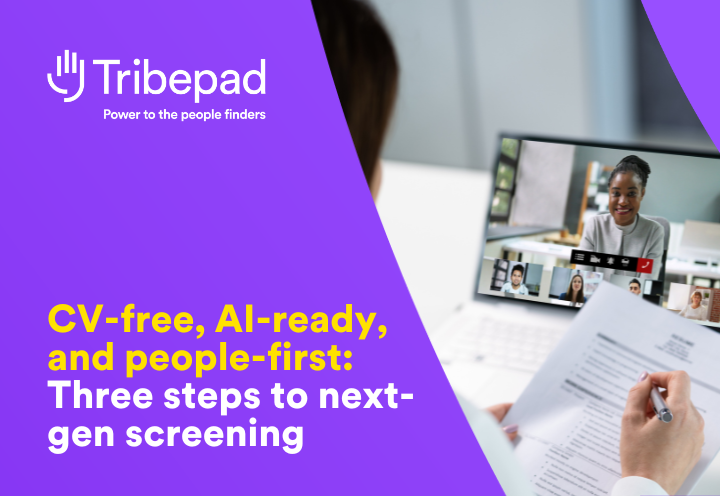Global digitalisation has completely changed the technicalities of recruitment. Today, recruitment is practiced internally in offices, through agencies and is also taught in universities. If you want to join the field of recruitment professionally or implement a recruitment platform, you should be aware of the following 10 terms used in everyday recruitment operations.
1. Candidate Management
Candidate management refers to a systematic approach of attracting candidates, shortlisting candidates and scheduling interviews with the most capable applicants. Candidate management may use devices including telephones and computers plus other digital approaches such as SMS reminders/alerts and social media.
2. Applicant Tracking System
Applicant Tracking System or ATS simply refers to recruitment software used to manage applications. All ATS’ have different features and functionalities based on the size and structure of a company. It’s important to review the different types of recruitment software, viewing demos and finding a supplier that meets the needs of your company, before committing to your decision to purchase or go into contract.
3. Onboarding
Onboarding is the process and the tools in which an employee gains the necessary and required knowledge, skills, qualifications and behaviours. It is important to track an employees onboarding process to ensure that they have completed all the mandatory background checks, health and safety checks and other forms when joining as an employee.
4. Benefits
It is one of the most commonly used terminologies. Benefits refer to incentives and programs offered to employees. The benefits are not included in the basic salary of employees. Insurance, paid maternity leaves, parking permit, permission to work in flexible hours, paid extra holidays, incentives on the basis of competition and scoring, and all such programs are included in the benefits.
5. Recruitment Timeline
The process, steps, and time required for completing the recruitment of one candidate is called recruitment timeline. This could either include lots of stages and psychometric testing to shortlist large volumes of candidates, or minimal stages depending upon the type of role that recruiters are hiring for.
6. Sourcing and Social Recruitment
These are two different terms that are indirectly connected with each other. Social recruiting refers to the use of social media for finding and recruiting candidates. Sourcing refers to networking and searching in different professional streams for finding candidates including the use of social media and professional conferences.
7. Talent Pool or Pipeline
Recruiters can create pools of applications for different skill sets or qualifications for example. These pools are commonly referred to as talent pools or talent pipelines. Talent pools come in handy to quickly fill vacancies, for example when an employee unexpectedly resigns, or can be used to reduce the cost of advertising jobs on other platforms. Find out more about talent pooling and other ways recruitment software can help you save money.
8. Talent Acquisition
Certain vacancies sometimes require specific types of talent. The ability to hire specific talent for a specific job is called talent acquisition.
9. Boolean or Boolean Search
George Boole, the famous computer pioneer and mathematician created this term. Boolean search or Boolean, is a systematic process of logical thinking and finding ways of optimising your search. In recruitment, this can be used when searching candidate applications for specific skills, or qualifications for example. If you wanted to search candidate applications for those with experience as a Project Manager in the field of Construction, you can use different keywords like ‘Construction Project Manager’, ‘Construction Engineer’, to optimise your search.
10. Data Migration
Data migration refers to moving candidate data and employee data from one computer to another, or from individual files to the recruitment software application. Data migration can become a tough process due to programming differences in recruitment software applications.
As a recruitment professional, you need to get your hands on all important terminologies used in recruitment processes. We have picked the ten most commonly used terms for easing your search.






